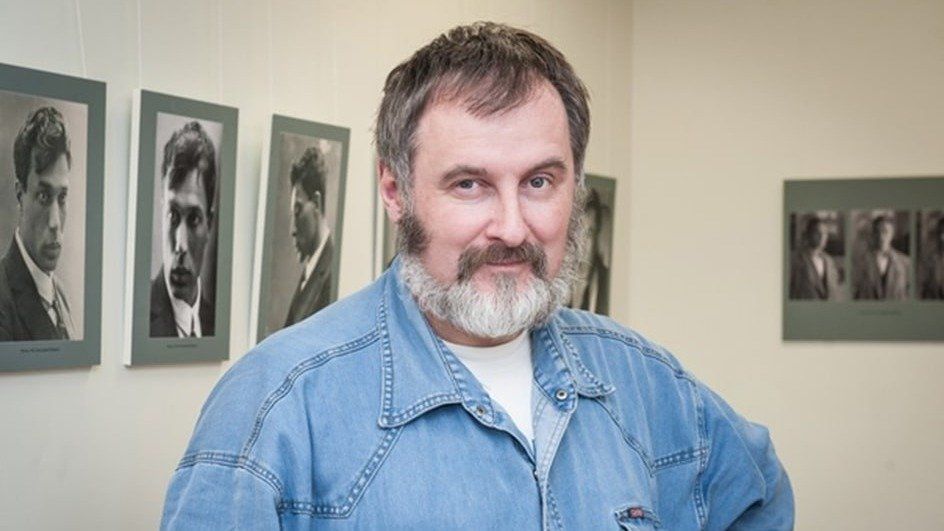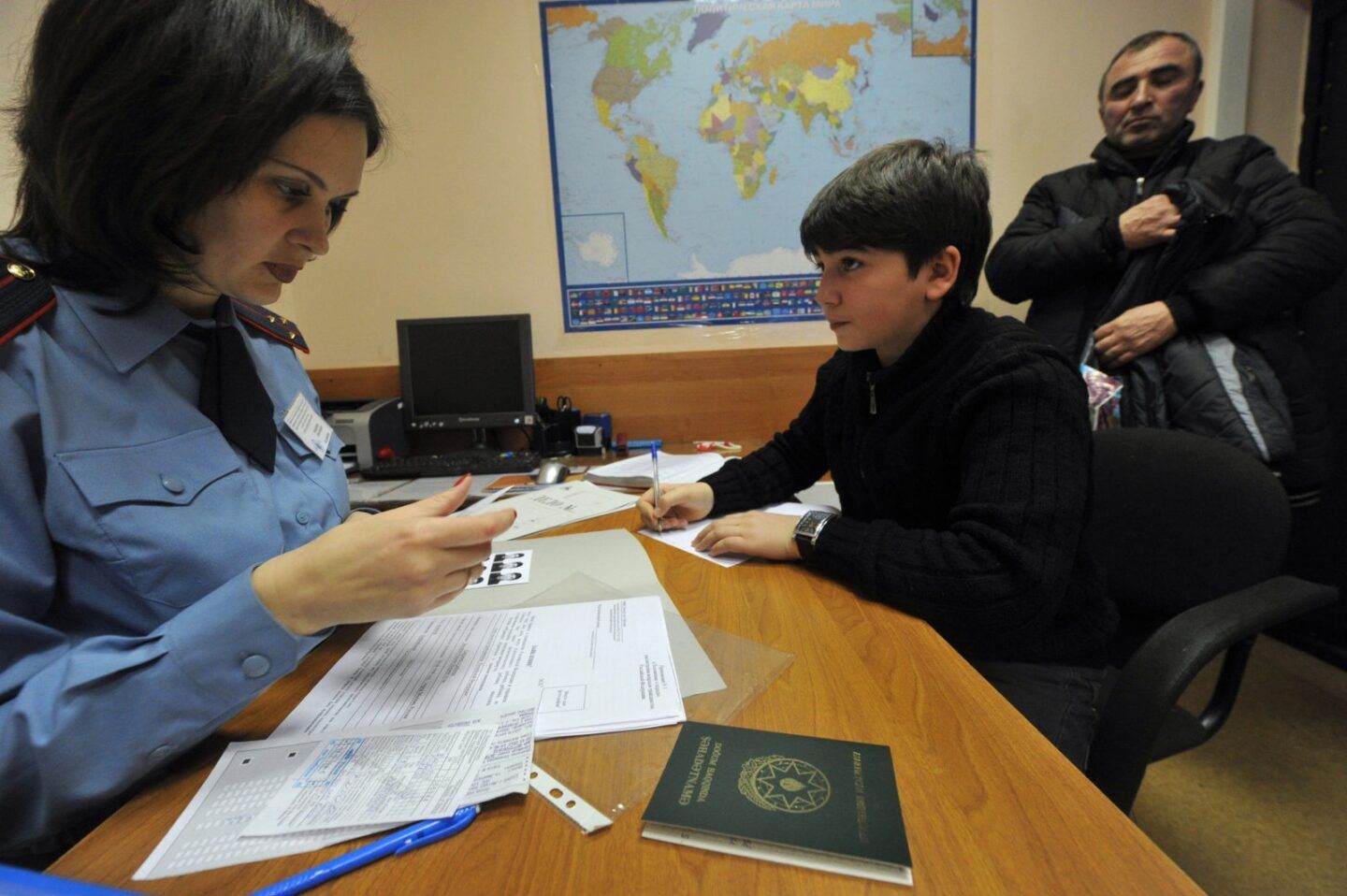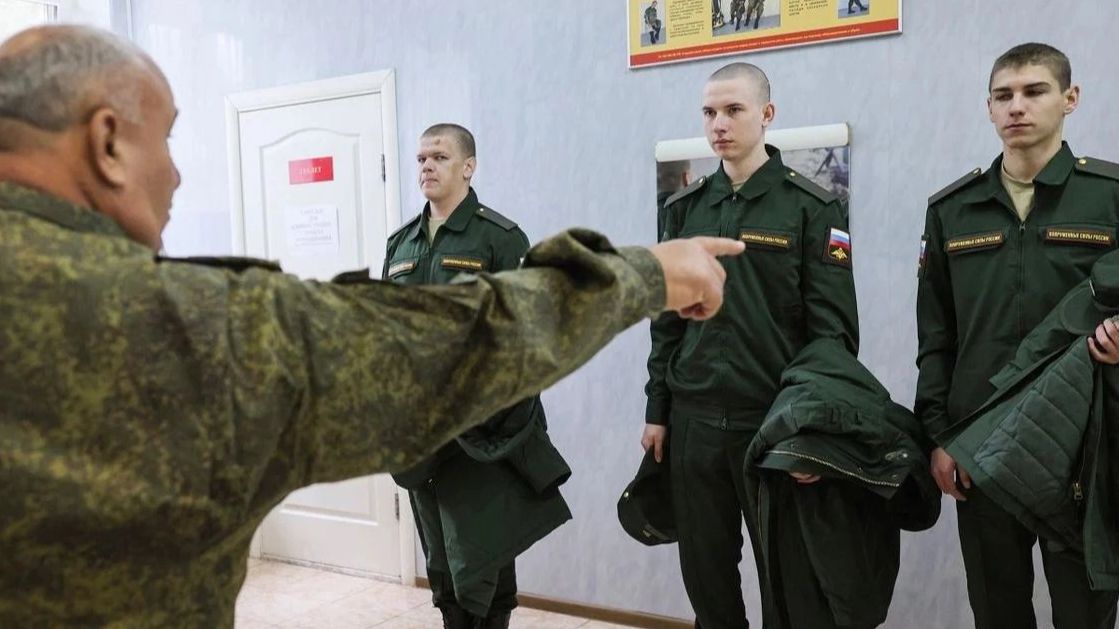Этот материал доступен на других языках: ru
08 OCT 2024
Defendant in Pskov Paratroopers Attack Case Sentenced to 10 Years in a Penal Colony
08 OCT 2024

On September 24, 2024, the Southern District Military Court in Rostov-on-Don sentenced Magomed Alkhanov, a native of the Chechen Republic, to 10 years in a general-regime penal colony. He was convicted of participating in an armed rebellion (Article 279 of the Criminal Code), participation in a criminal gang (Part 2 of Article 209 of the Criminal Code), attempt on the life of a serviceman (Article 317 of the Criminal Code), petty bribery (Part 1 of Article 291.2 of the Criminal Code), incitement to abuse of official authority (Part 4 of Article 33 and Part 1 of Article 286 of the Criminal Code), and escaping from custody (Part 1 of Article 313 of the Criminal Code).
Alkhanov was accused of participating in an attack on Pskov paratroopers in February 2000, when 84 of the 90 soldiers of the 6th Company of the Pskov Airborne Division died near the Ulus-Kert village in the Vedensky District of Chechnya.
After his arrest on June 17, 2021 Alkhanov was sent to a pre-trial detention center in Yessentuki. He was later transferred to a regional psychiatric hospital in Astrakhan for a psychiatric evaluation, where he was supposed to stay for two months. However, according to investigators, on October 26, Alkhanov escaped from the facility. He was detained again on November 2 in a café in Astrakhan. As a result, additional charges were brought against him under Part 1 of Article 291.2, Part 4 of Article 33, Part 1 of Article 286, and Part 1 of Article 313 of the Criminal Code.
At his trial, Alkhanov admitted guilt only in relation to his 2021 escape but denied any involvement in the 2000 attack on the paratroopers. His defense argued that the case had been falsified. The prosecution's allegations were based on questionable testimony from so-called ‘classified witnesses’ who had themselves been convicted of participating in the same attack, as well as on a list of captured Chechen militants allegedly compiled by FSB officers 24 years ago. This list was not included in the case files because it was ‘classified.’ Witnesses claimed to have seen Alkhanov, then a minor, firing at the paratroopers, but none could confirm that he injured any soldiers.
Alkhanov testified that in December 1999, he briefly joined the ‘Maskhadov’s Guard’ but never participated in any combat. He was 17 years old at the time and returned home in early 2000. Moreover, in 2004, Alkhanov had already been sentenced to 10 years in a high-security penal colony on felony charges, including participation in illegal armed groups. Therefore, he should not have been prosecuted again for the same acts.
Despite the defense's arguments, the court found Alkhanov guilty of escape, incitement to abuse of authority, and attempt on the life of a serviceman. The charges of bribery, gang membership, and armed rebellion were dismissed due to the statute of limitations.
The Memorial Center has declared that the case against Alkhanov regarding the attack on the paratroopers was fabricated. The center has reported that similar cases have become increasingly common and are often politically motivated.
We have previously analyzed the flaws in the official version of the death of the Pskov paratroopers.
The events surrounding the deaths of the 6th Company of the 104th Regiment of the 76th Pskov Division have been fuelling an entire investigative group for years, said Alexander Cherkasov, a member of the Memorial Center Council. Over thirty Chechen residents have already been sentenced to long prison terms, allegedly for their involvement in the paratroopers' deaths.

Alexander Cherkasov
Member of the Memorial Center Council
‘All of this has little to do with justice.
The paratroopers were primarily killed by 'friendly fire' from their own artillery — this is evident from the case files themselves. Most of them died from shrapnel wounds and explosive injuries, even though the Chechen fighters who broke through had neither artillery nor mortars.
The investigation essentially acknowledges this fact but shifts responsibility onto the deceased commander of the paratroopers, Lieutenant Colonel Mark Yevtyukhin, alleging that he called the fire on himself (this is stated in the testimonies of six surviving soldiers).’
The trials are held with numerous violations, the human rights defender says. The prosecution’s case relies heavily on the testimony of ‘classified witnesses’ whose statements often contradict one another.
‘At the same time, the judge makes no effort to investigate these contradictions, stubbornly endorsing the absurdities in the prosecution's materials.
This cycle of injustice has been running for years and shows no signs of stopping. Meanwhile, no efforts are being made to identify or punish the true culprits behind the deaths of 84 Pskov paratroopers — and none seem to be forthcoming,’ Cherkasov states.
Поделиться в социальных сетях



